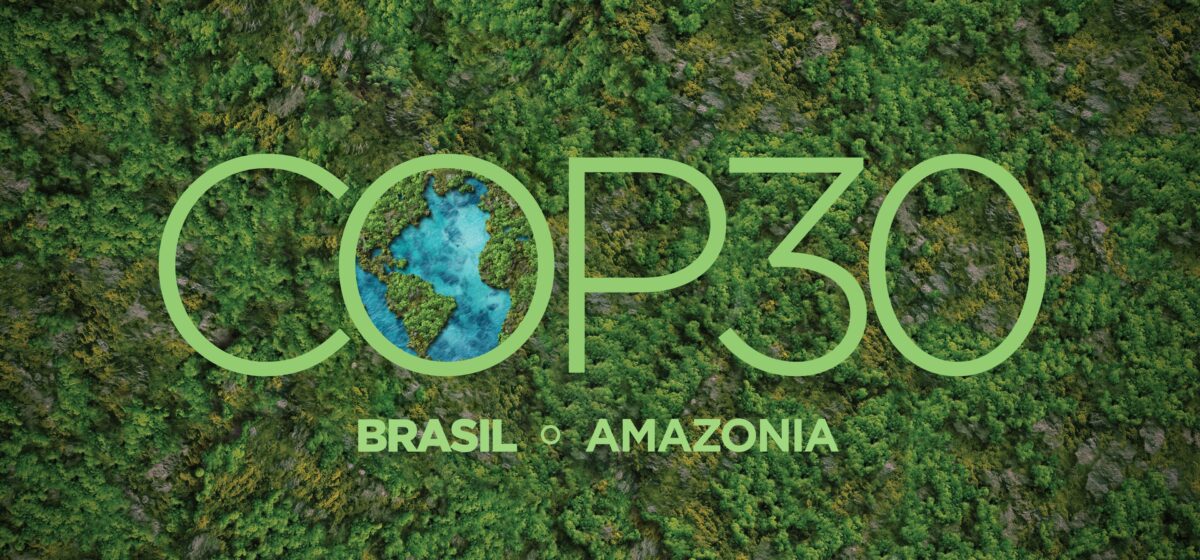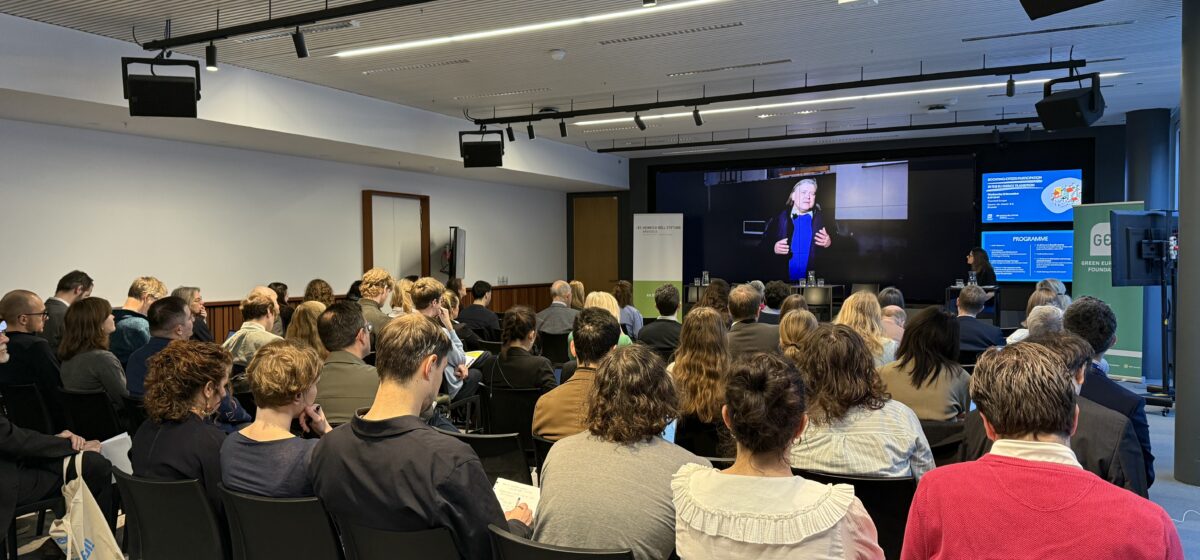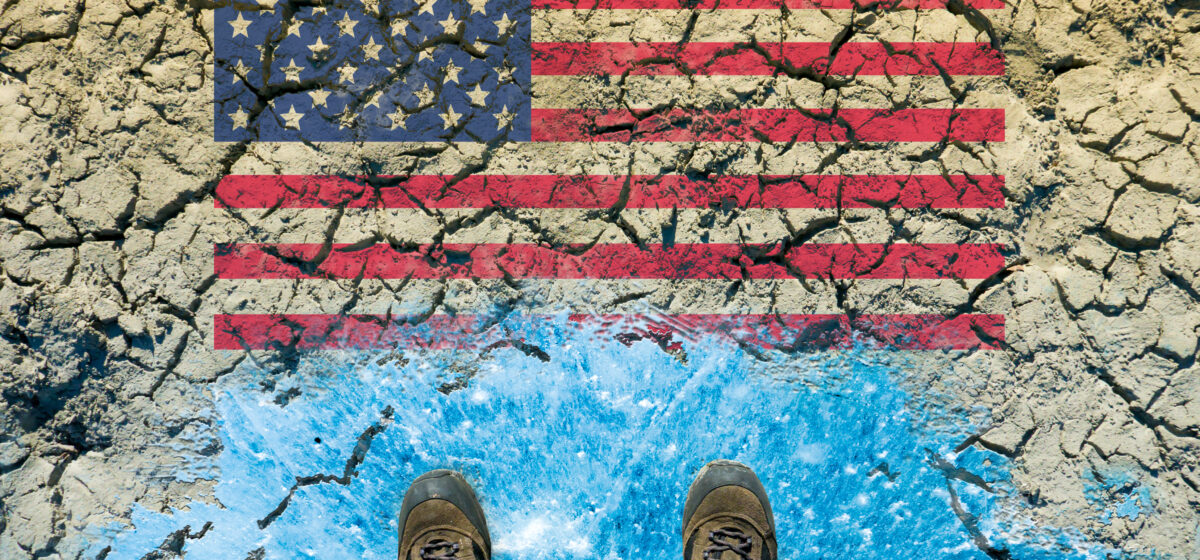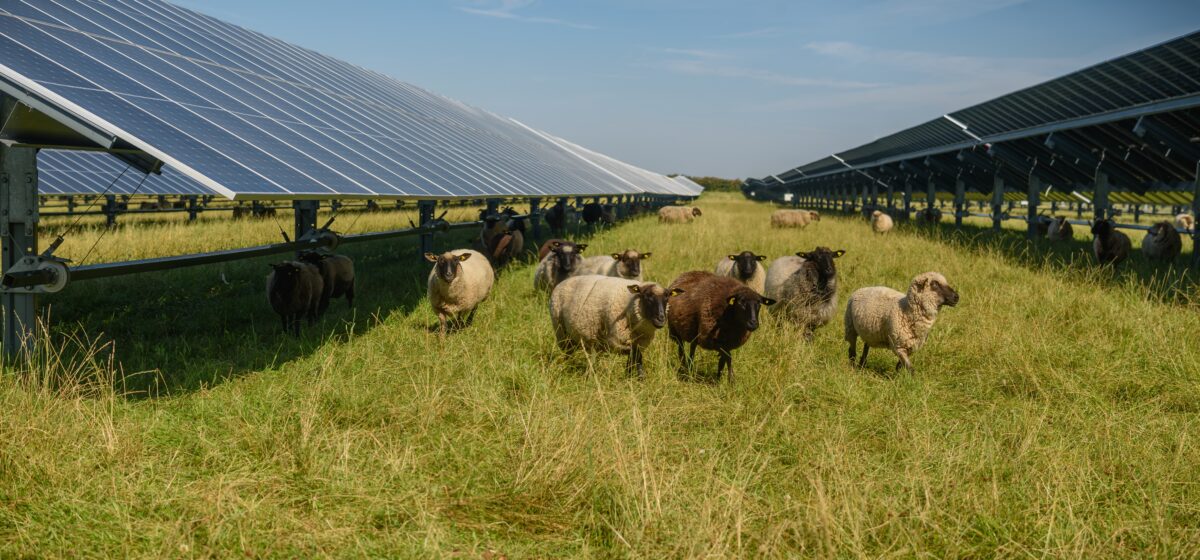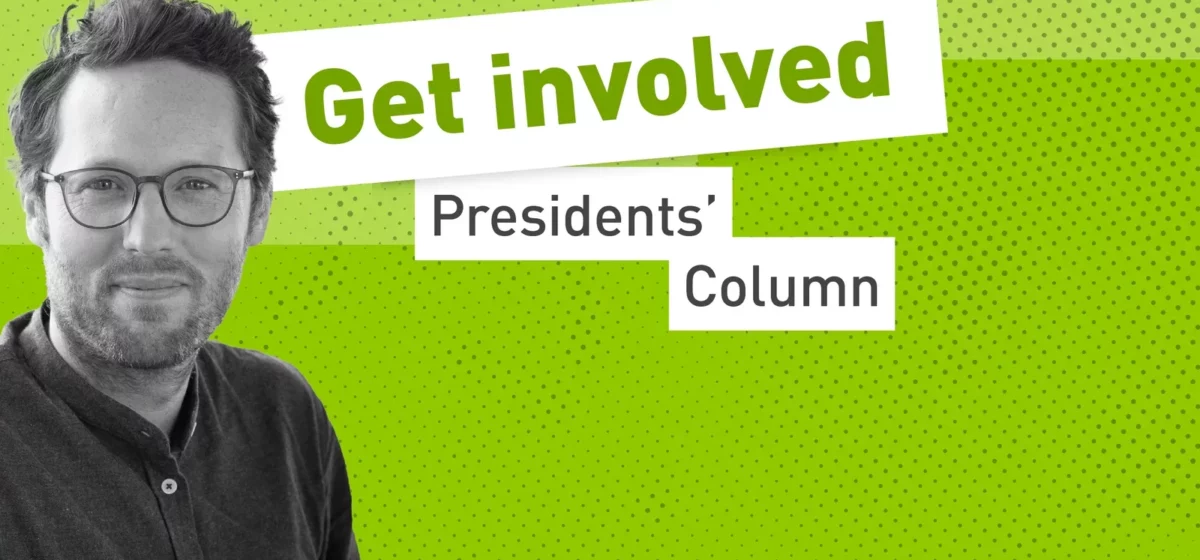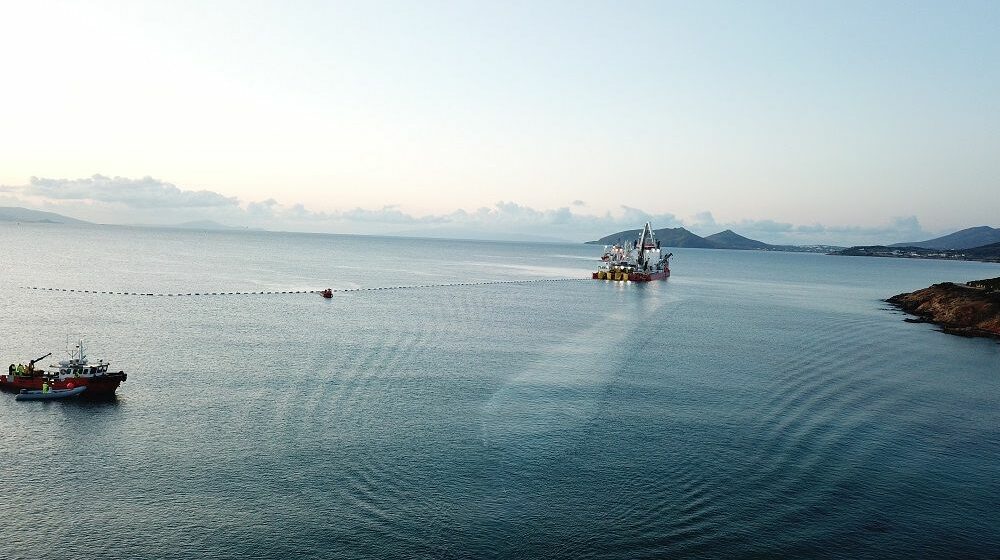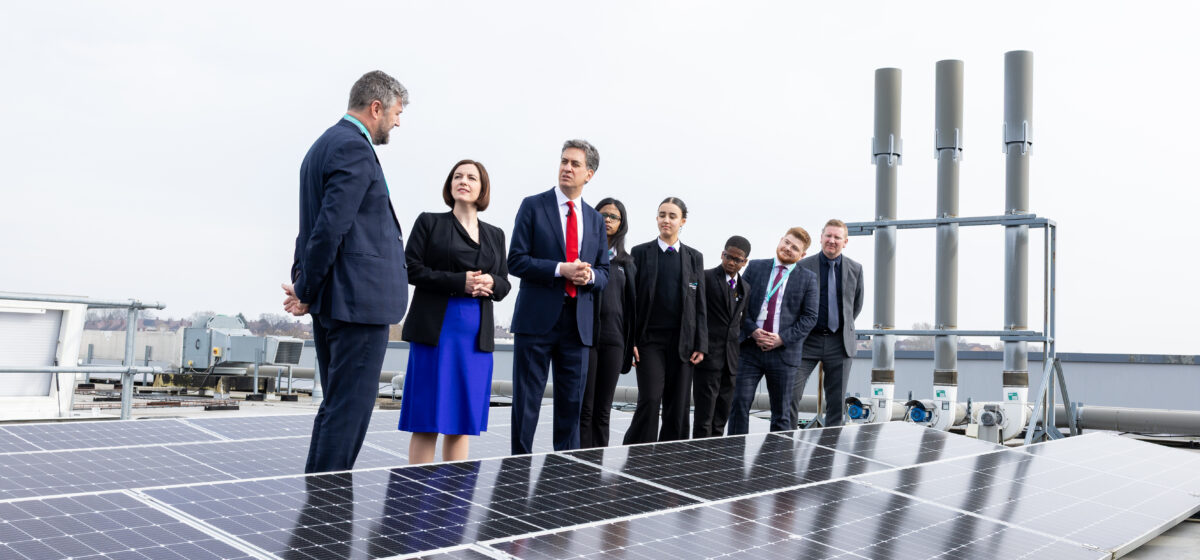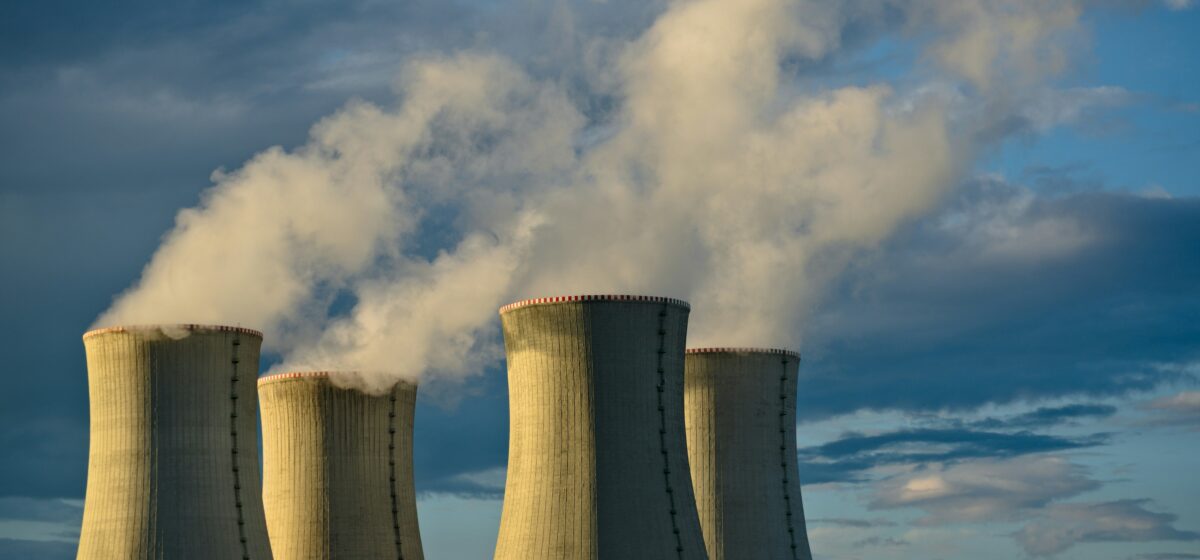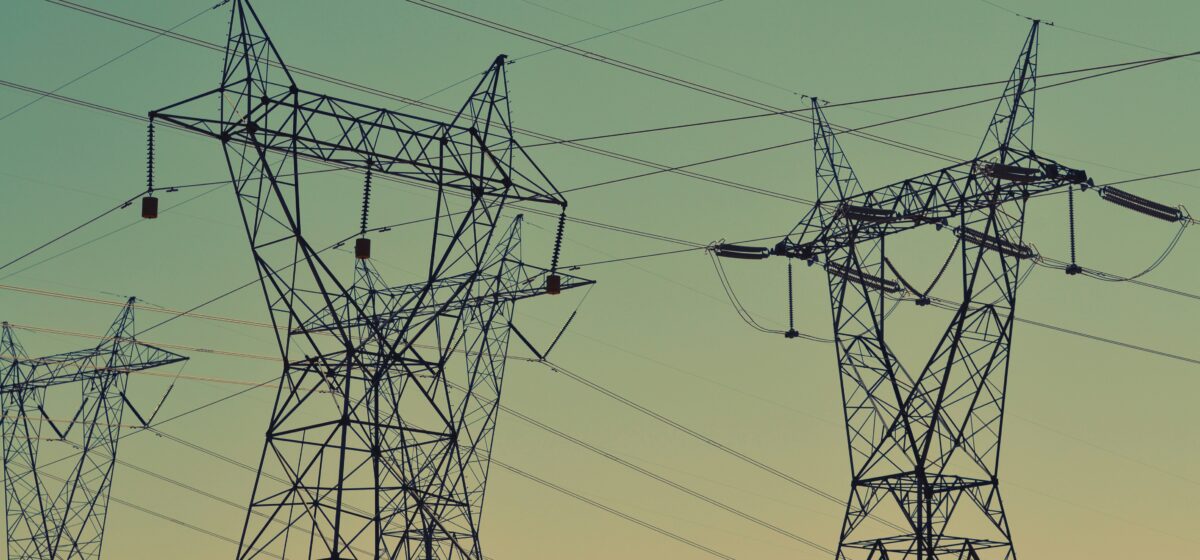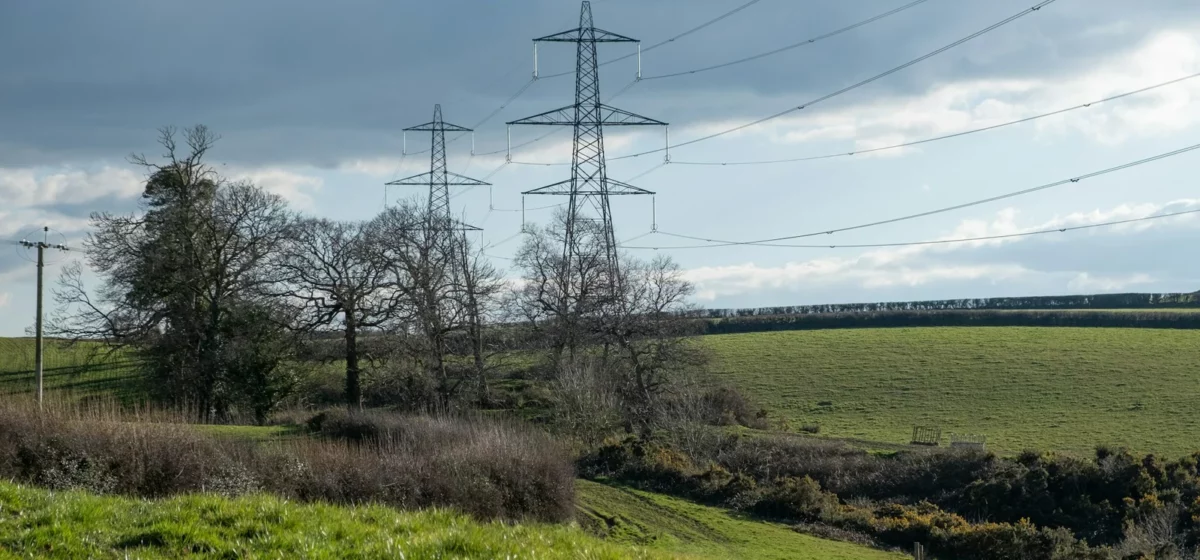-
An EU roadmap to phase out fossil fuels
by Wendel TrioThis year’s climate summit in Belem did not deliver necessary progress to limit temperature rise to 1.5°C. Similarly, the EU’s contribution to the needed global emissions reductions by 2035 are not at the level required. The EU can make up for these failures by starting with the development of an EU roadmap to phase out fossil fuels, in line with its (failed) demand to...
comments 0 -
A message to citizens: the energy transition is on your side. Let’s benefit from it!
Europe’s energy transition has achieved a lot. The high share of domestic renewables in our energy mix buffered the fossil gas price crisis. During the last decade, solar power became the cheapest source of electricity, accessible at basically all citizens’ homes. So, if your bill goes through the roof, just put solar panels on the rooftop? Yes, but if things were so easy, the...
-
The Trump administration’s all-out war on climate protection
The Trump government has taken a battleaxe to US climate programmes and yanked the country out of international climate diplomacy. By dismantling agencies and budgets, it undermines the US’s capacity to anticipate, mitigate and adapt to the climate crisis. There is no way to put a positive spin on it. A future Democratic administration will need consecutive terms in office to reverse the carnage....
-
Agrivoltaics: double the farming on a global scale
As the world looks for ways to produce more with less, agrivoltaics offers a fresh approach: combining solar panels and agriculture on the same land. By generating renewable energy while supporting crops and livestock, this dual-use system can boost farm productivity, strengthen local economies, and make agriculture more resilient to a changing climate. Discover how agrivoltaics is redefining what it means to “farm the...
-
Electricity prices must fall!
Levies, charges, and taxes make electricity expensive – and hinder the switch to the climate-friendly, electricity-based alternatives that we urgently need. Yet many companies and consumers have long been ready to make the change. The technology is already available, often from German manufacturers, who have been waiting for years for a market breakthrough. Instead, Katherina Reiche’s reckless wrong-way drive continues unabated. Jan Philipp Albrecht...
-
Ariadne’s string goes electric: a new interconnection between Crete and mainland Greece drives the energy transition
The electrical interconnection between Crete and mainland Greece was completed and has been in operation since May 2025. The completion of this infrastructure project is a big step in Greece’s energy transition. Connecting the island of Crete with the mainland allows the country to finally tap into the abundant wind and solar energy potential on Crete and to switch off old and polluting power...
-
Community energy, the Cinderella of net zero
by Ros TaylorThe UK government says it wants more community energy projects. But the complexity of applying for funding and the lack of a guaranteed return have stymied progress. Ros Taylor reports.
-
Nowhere does new nuclear make less sense than Ukraine
Nuclear installations undermine Ukraine’s security because it is particularly vulnerable to drone and artillery attacks. Yet Kyiv wants more of it, despite the fact that so much speaks for renewables to replace damaged conventional energy facilities. Paul Hockenos reports.
-
Fair network charges and flexible demand: cutting the cost of the energy transition
As Europe’s energy system shifts from fossil fuels to decentralised renewable energies, one challenge is coming into focus: how can the rising costs of expanding and modernising the electricity grids required for the transport of renewable power be financed fairly and efficiently? And how can tariff design help reduce pressure on the grid by encouraging consumption patterns that make better use of existing infrastructure?...
-
Do Britain’s pylon-haters have the power to stop them? This time, probably not
by Ros TaylorThe British hate ugly energy infrastructure and have got used to blocking projects they don’t like – but they will have to accept more power lines, writes Ros Taylor.
This website highlights how energy transitions around the world are moving forward. It shows how they work, and what challenges lie ahead. The e-book on Germany’s Energiewende explains the country’s politics and policies, often regarded as the front runner in the global energy transition.
